A three-judge panel declared late last month that Indiana's law banning same-sex marriage should not be used to void marriages between two individuals when one legally changes their gender.
This case comes after Monroe Circuit Judge Valeri Haughton rejected the divorce petition of Melanie Davis -- a transgender woman -- and Angela Summers, declaring that she was unable to dissolve a marriage that she deemed void under Indiana state law. The couple, married on October 30, 1999, has been separated since 2008, but only filed for divorce in 2012.
In 2008, Davis's birth certificate was updated to reflect her gender, changing the designation from "male" to "female." It was on this basis that Judge Haughton concluded the marriage was void, citing the state's law that bans same-sex marriages.
The portion of Indiana's state code (31-11-1-1) that deals with same-sex marriage issues is split into two subsections:
(a) Only a female may marry a male. Only a male may marry a female.
(b) A marriage between persons of the same gender is void in Indiana even if the marriage is lawful in the place where it is solemnized.
In its ruling on December 20, the appeals court breaks down the question of whether the law, as it is currently constructed, would void a marriage in the event that one of the parties legally changes their gender after the fact. The ruling states, "When the parties were married, Davis was a male and Summers was a female... This marriage complied with the requirement of subsection (a)." When considering the second portion of the law, the court ruled that the intent of the second subsection is to prevent same-sex couples legally married in another state from being recognized in Indiana, and not to be used as a barometer in determining whether in-state marriages are void.
The appeals ruling goes on to chastise Judge Haughton, concluding that Haughton's ruling went "beyond the purview of [her] constitutional authority to interpret statutes," and could come with the unintended effect of terminating Davis's parental rights. The ruling handed down by the appeals court will keep Davis's parental rights intact, allow Davis and Summers to legally execute the terms of their divorce settlement, and prevent an unknown number of other transgender individuals from having the validity of their marriages brought into question.
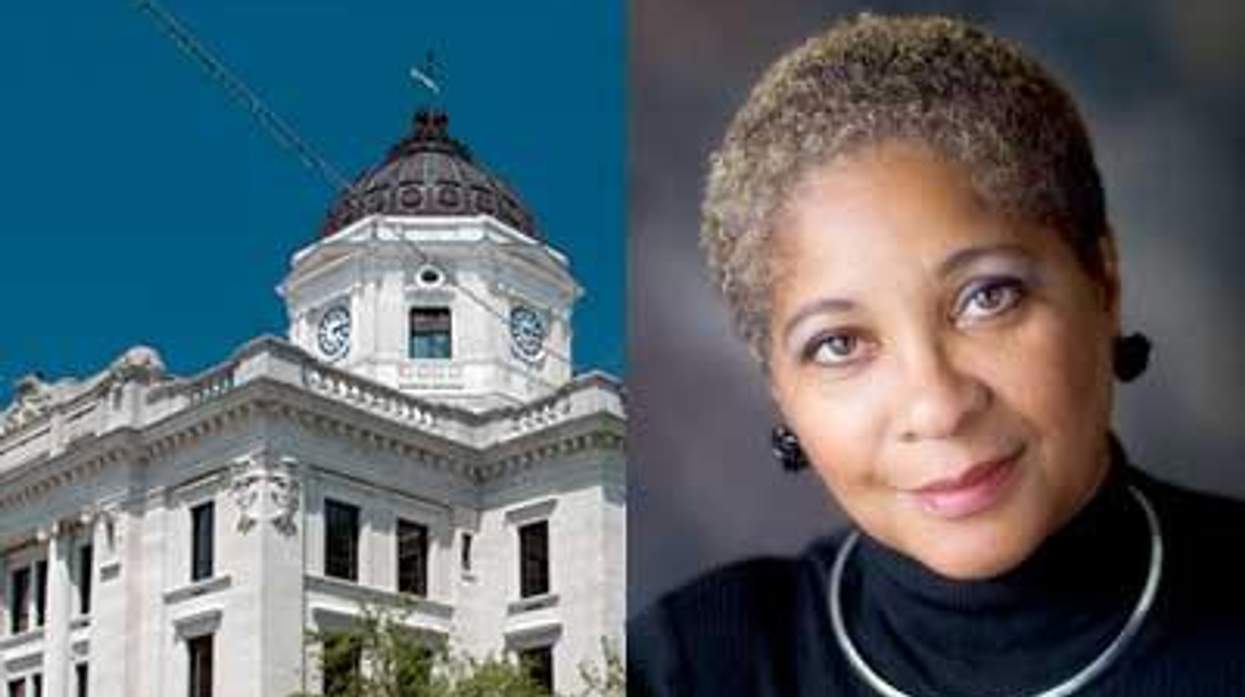








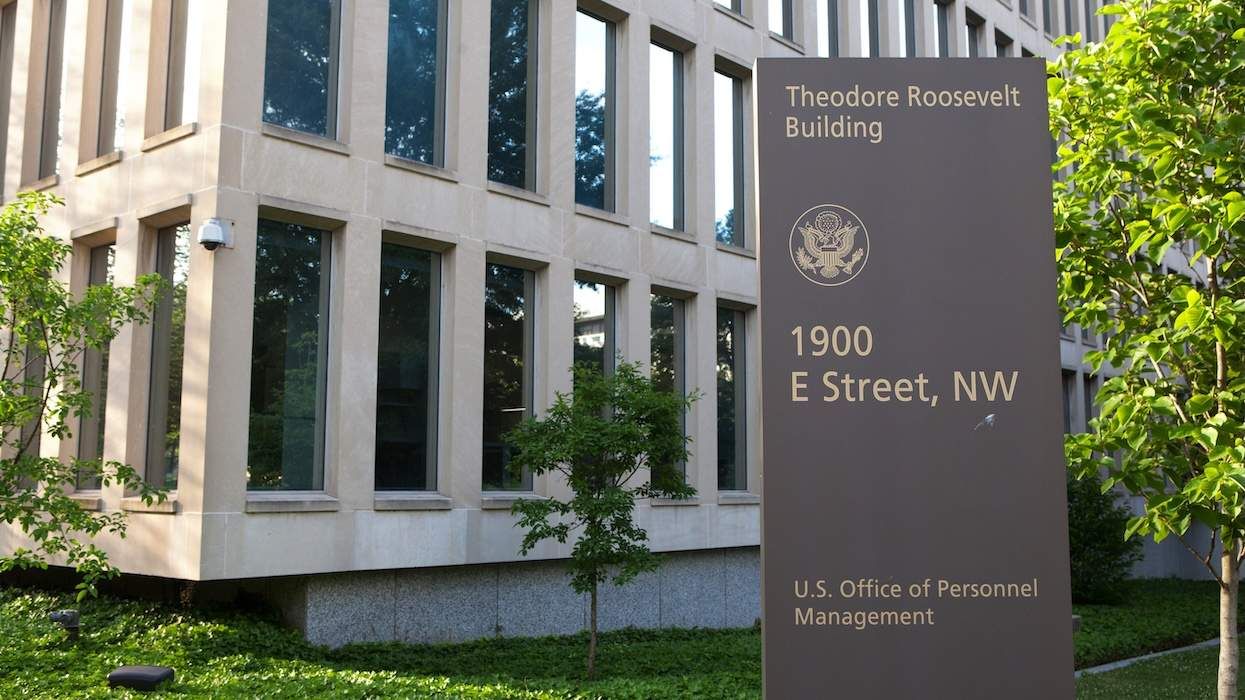

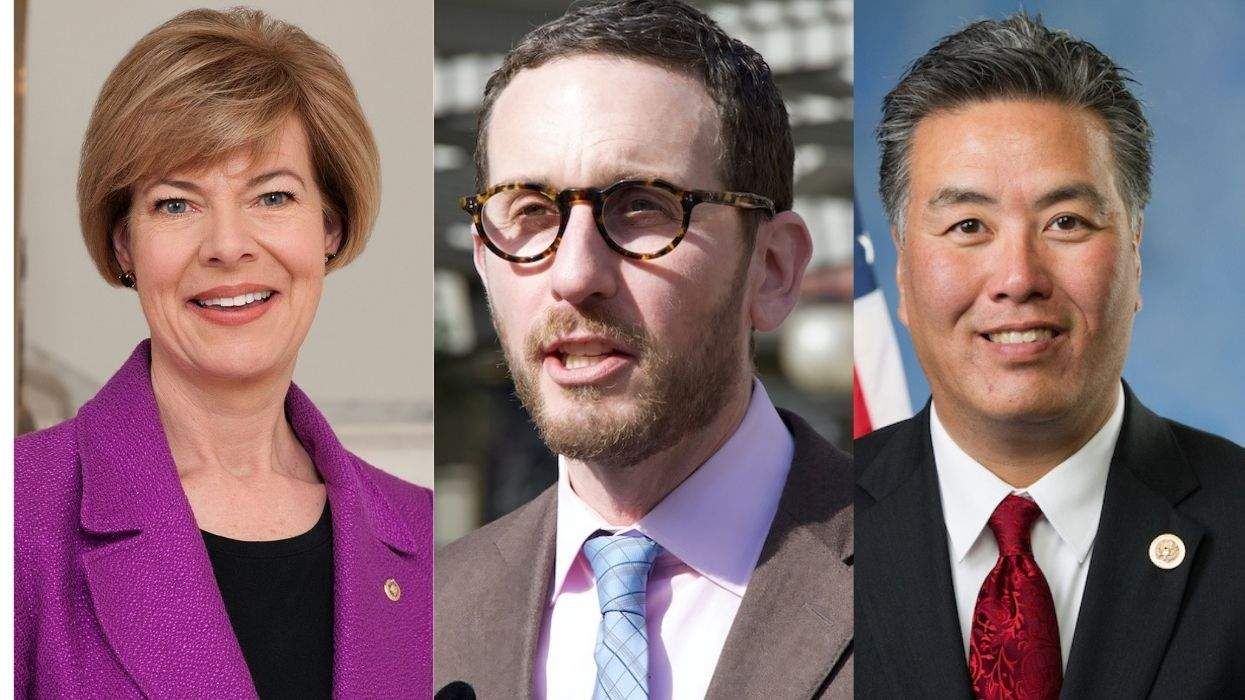



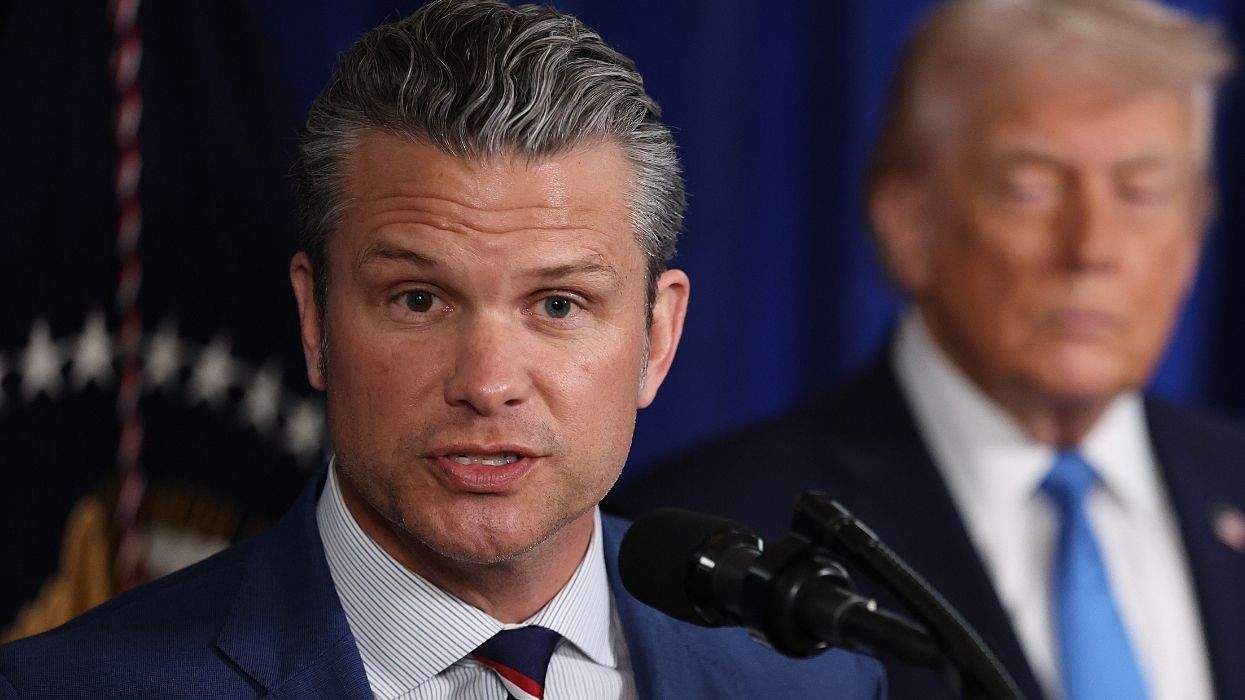


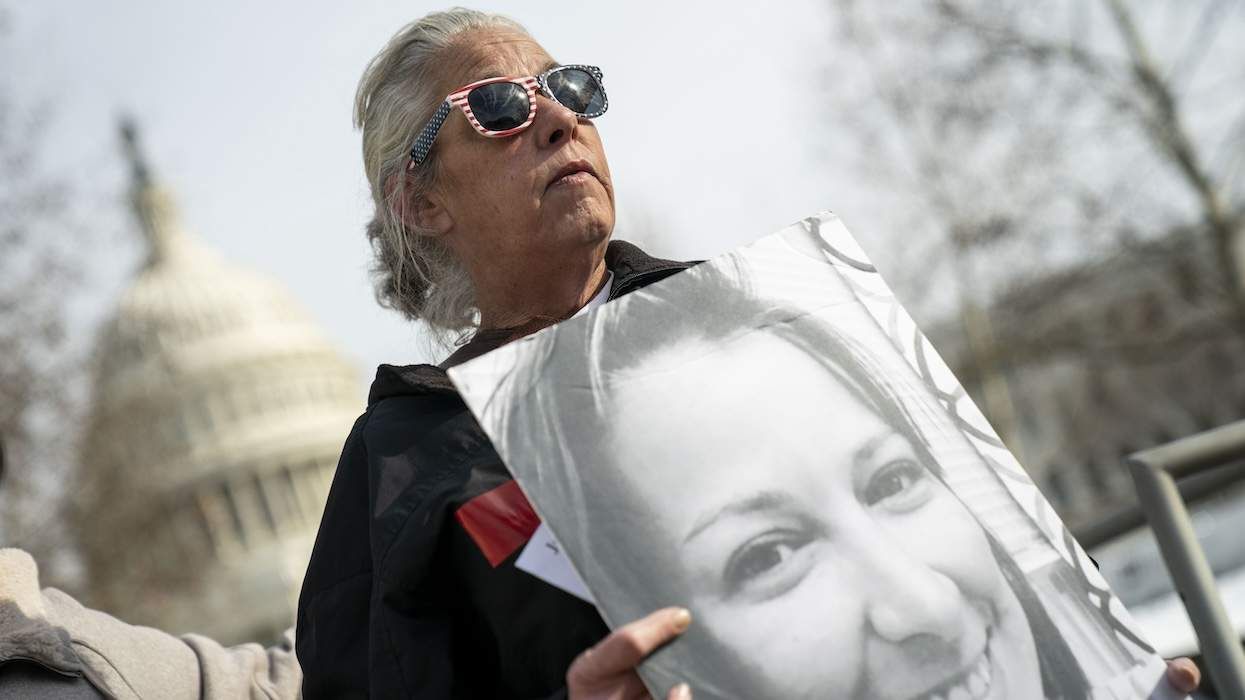

















































Charlie Kirk DID say stoning gay people was the 'perfect law' — and these other heinous quotes